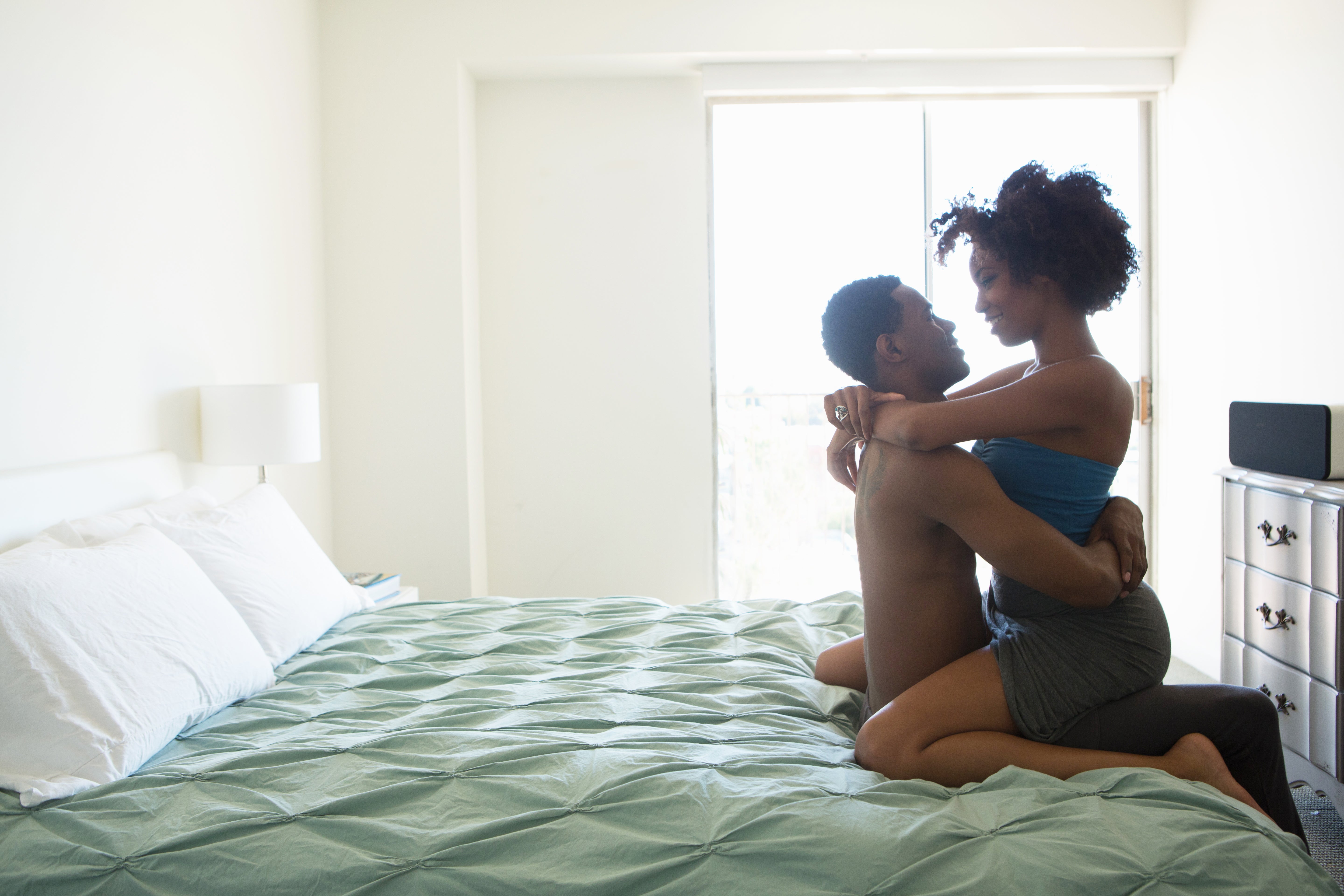While it is true that women can and do enjoy full sex lives at every age, our physical response to lovemaking and requirements for pleasure evolve. “Black women’s bodies and libidos change as we age due to a variety of biological, psychological and social factors that come into play in our lives,” says Wendasha Jenkins Hall, an educator with expertise in Black women’s sexual wellness and pleasure.
Here’s what she wants you to know about how sex changes as we age.
In Your 20s

Your body’s natural drive to procreate heightens your libido, but not every twenty-something is a volcano of sexual energy. “Women in their twenties can experience low sex drives,” she says. “When they do, it is often due to hormonal birth control, which can lower the libido and cause moodiness and vaginal dryness.” She recommends speaking with a health care provider to rule out any other possible causes.
In Your 30s

By the time they reach their thirties, most women have hit their sexual strides. They know what gets them going, and they’ve become more vocal about asking for it. However, this period of increased confidence also coincides with increased responsibilities. “At this point, women’s lives often become more complicated as careers, husbands/long-term partners and kids come into play,” says Hall. “Sex may not be as frequent as it was in your twenties. Also testosterone begins to naturally dip during this period, which can have an impact on sexual desire.” Communication with your partner becomes crucial. “Being forthcoming about your needs and feelings can increase support and intimacy between you,” she adds. “And taking time to connect with yourself and show yourself a little grace can help boost your sexual self-esteem.”
In Your 40s, 50s AND BEYOND

The forties and fifties bring a set of hormonal changes as women enter perimenopause and menopause. “During this time the ovaries gradually stop producing estrogen, which impacts libido, mood and the vagina itself,” says Hall. “Women may find that they are not as easily aroused, are less sensitive to touch and may not be as lubricated, which can make sex uncomfortable or painful.” But just because the motor may need a bit more priming doesn’t mean it’s time to put it in cold storage. “The more sex you have during this period, either partnered or solo, the less likely you are to experience the sexual challenges and vaginal changes that occur during menopause.” Which is a good thing, suggests Hall. “Women in this chapter of their lives [and later] still have fulfilling sex lives,” she adds. “In fact, the National Social Life, Health, and Aging Project found that about 85 percent of women age 57 to 64 were in some type of romantic relationship and almost all involved some type of sexual activity.”
This article originally appeared in the July/August 2019 issue of ESSENCE.
